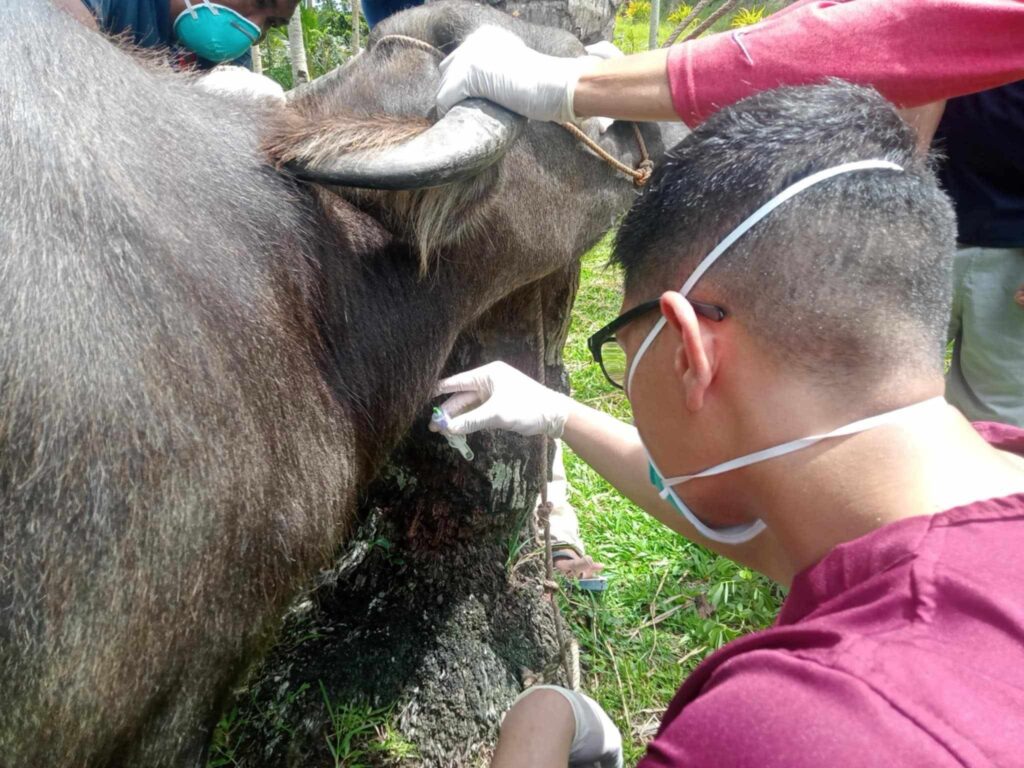
By Dean Aubrey Caratiquet
Following initial intervention from the Department of Health (DOH) that yielded confirmed cases of melioidosis in humans in the province of Siquijor, the Department of Agriculture (D.A.) is actively coordinating with the country’s premier health agency as it monitors the unfolding situation in the Visayan province.
In response to the confirmed cases, the BAI (Bureau of Animal Industry) and the D.A.-Regional Field Office of the Negros Island Region (DARFO-NIR) promptly deployed surveillance teams and initiated disease control protocols across affected areas in Siquijor.
The BAI is in the process of sending samples to a reference laboratory for confirmatory testing and continues to monitor the situation on the ground.
Following such developments, the D.A. has reiterated its mandate to animal raisers and handlers to strictly comply with sanitary protocols and regulatory requirements to prevent the spread of melioidosis and other animal-borne diseases.
The agency also discouraged the public from consuming raw or unpasteurized milk, instead encouraging consumers to only purchase meat from reputable producers and sellers, as well as to observe proper food handling and cooking practices.
Melioidosis, a rare but potentially fatal zoonotic disease caused by the environmental bacterium Burkholderia pseudomallei, poses significant public health concerns in tropical regions such as Southeast Asia.
It is primarily contracted through open wounds, inhalation, or ingestion of contaminated water or contact with soil. Currently, no vaccine exists for melioidosis, making prevention and early detection critical.
avds
